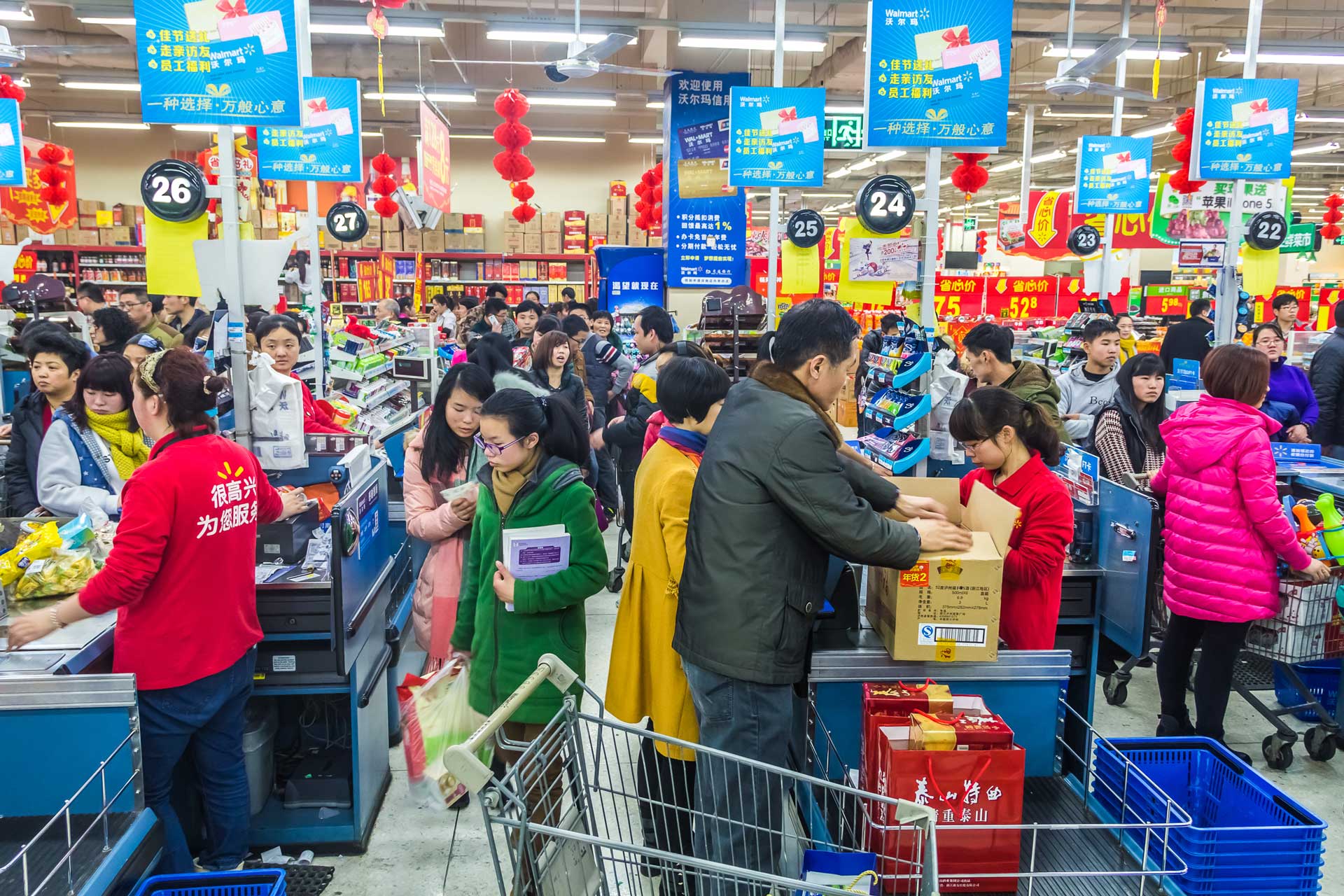Chinese retail sales have reached a 10-year low following imposition of US tariffs, signaling harder times ahead for major players.
MarketLine analysis data released by China’s National Bureau of Statistics (CNBS) shows Chinese retail sales slowing considerably over 2018. Data released so far for 2018 averages at a 3.8% retail sales growth rate year-on-year, less than half of 2017’s 10.5% over the same period.
The reason for the significant slowdown is slowing consumer demand. Chinese consumers are becoming increasingly aware of the ongoing feud with the United States and confidence has taken a significant knock. Introduction of US tariffs on imported Chinese goods – which the US President claims have raised almost $11bn in revenue from in the last four months – has certainly played a role.
A slowdown in the Chinese economy this year was expected. As Chinese retail continues to mature, growth will certainly stabilise and slow. Despite the unfortunate knock-on effect for Chinese consumers, the slowdown is much more pronounced than many observers expected this year, due in part to troubled relations between China and the United States.
Slower wage growth and low consumer confidence has hurt leading Chinese retailers, exacerbating impact of US tariffs
During July 2018 sales at 50 major Chinese retailers were reported to have declined by 3.9% compared to a year previous, with appliance retailers suffering the most and causing the government to seek to stimulate retail spending.
Chinese consumers have seen wage levels grow rapidly in recent years; however, this is now slowing as the economy continues to mature. Many consumers who have made significant one-off purchases of expensive items are unlikely to seek replacements for years to come, reducing the strength of the retail market.

US Tariffs are shifting - will you react or anticipate?
Don’t let policy changes catch you off guard. Stay proactive with real-time data and expert analysis.
By GlobalDataSlowing retail demand will heavily impact confidence, with employment and investment rates likely to slow. As the Chinese economy continues to settle, investors may look elsewhere for more lucrative investment opportunities, especially in the smaller and more rapidly-growing Asian economies.
Tariffs from the US are exacerbating the problem by making doing business for Chinese retailers harder. At a point when the government is attempting to stimulate retail demand, trade barriers threaten to make business tougher for leading retailers.
Markets are down partly in response to low retail growth figures
The markets all responded poorly to the news amid poor results. The Shanghai-based SSE Composite Index, Hong Kong-based Hang Seng and Tokyo-based Nikkei 225 Index were down 1.5%, 1.6% and 1.6% respectively at the time of writing.
Although China’s economy was expected to slow this year regardless, lower-than-expected growth will knock confidence among Chinese consumers as well as in the higher ranks of government. Lower confidence could result in further poor performances in the near-term future.
Finding a way out of the tariffs would help matters, especially regarding improving investor confidence, which









